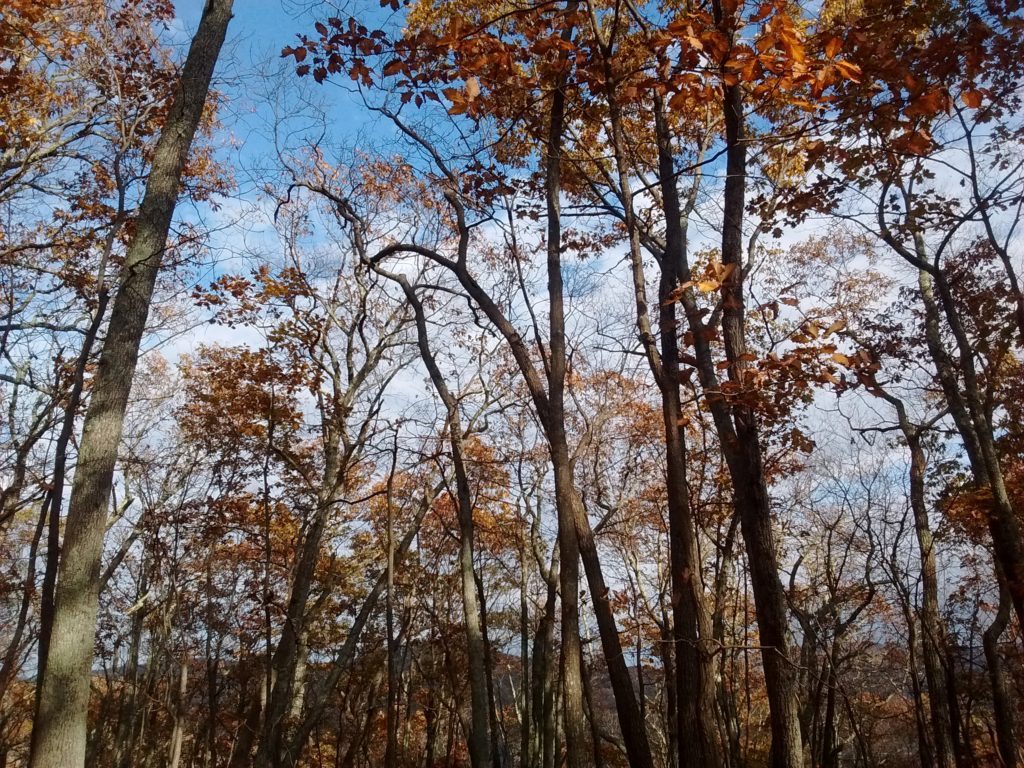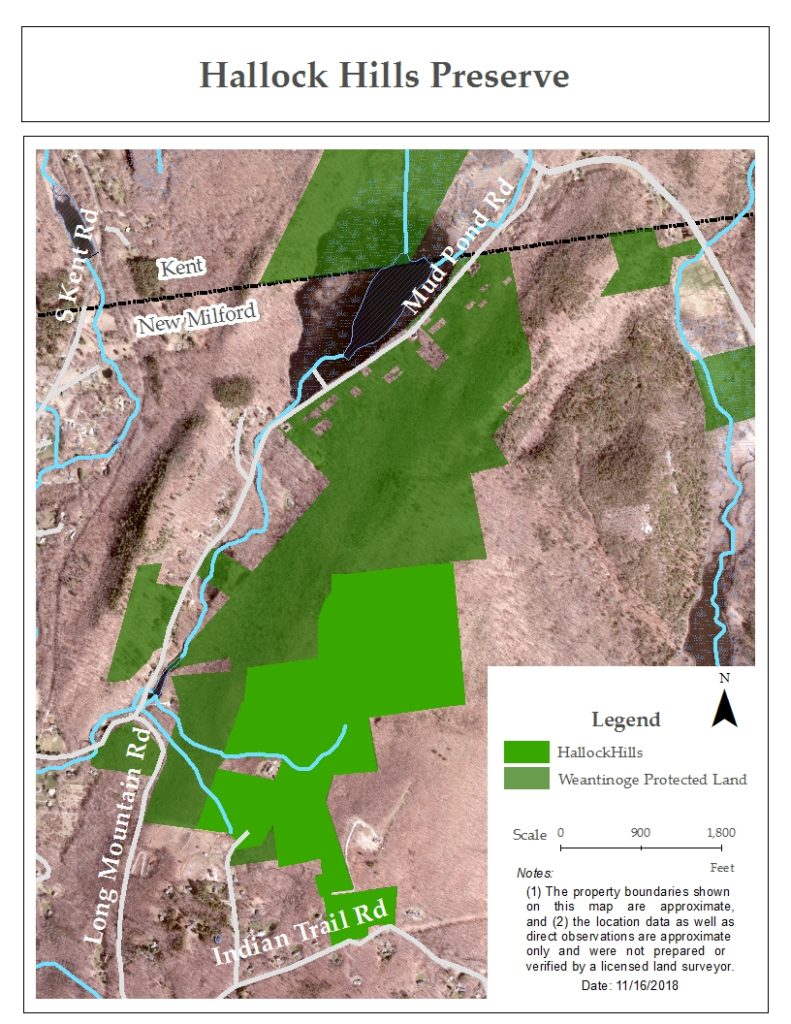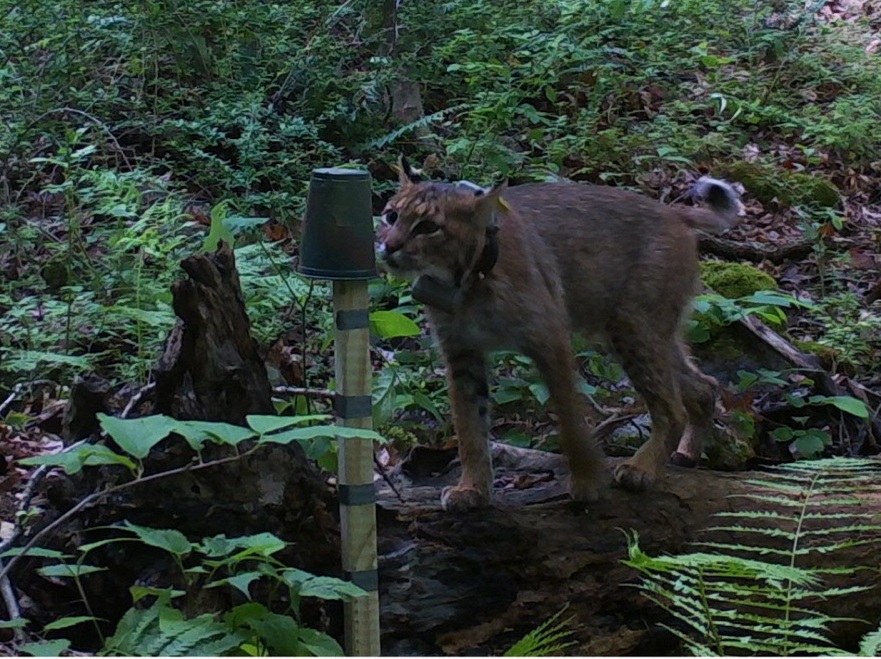Pratt Glen Open Again!
Weantinoge Awarded Grant for Exterior Repairs on the Smyrski Farm
Summer Internships!
Weantinoge is hiring two paid Stewardship Interns to work 30 hours per week (each), June 3, 2019, thru August 16, 2019. They will be based in Weantinoge’s Kent, CT office and be trained and managed by Weantinoge’s professional staff. Work will take place at Weantinoge preserves and at preserves owned and managed by Bethlehem, Litchfield, and Warren Land Trusts. This is a unique hands-on opportunity to learn about land and public preserve management, trail construction and maintenance, GPS/GIS, and other important stewardship work at different organizations. These internships are funded by a grant from the Connecticut Community Foundation as part of Weantinoge’s partnership program.
Work will be performed outdoors in various weather conditions and on rugged terrain, as well as indoors in an office setting.
Housing is available.
Click here for a full description and application instructions.
New Milford Hiking Resource
Safeguarding the Future of Farming in Warren
Since 1965, Weantinoge has conserved more than 2,800 acres of farmland across Northwest Connecticut.
This critical work will continue in 2019, in part, through an innovative partnership between Weantinoge, the Town of Warren, Warren Land Trust, Lake Waramaug Task Force, and the Northwest Hills Council of Governments on a project called Warren’s Farming Future.
Together these partners received a $22,800 grant from the Connecticut Department of Agriculture, which will also leverage an additional $18,885 of in-kind support. The funds will be used to develop a long-term plan to support farm viability, sustainable farming practices, and farmland conservation in the Town of Warren.
Warren’s agricultural history predates the Revolutionary War, and its farming heritage and scenic beauty are beloved by residents and visitors. Warren’s Farming Future will help ensure the Town retains the economic, environmental, and quality-of-life benefits derived from its finite and irreplaceable farmland. Further, sustainable farming practices will help to protect the clean, natural waters of the Town, which is located within the watersheds of Lake Waramaug, as well as the Shepaug and the Housatonic Rivers. Warren’s Farming Future is an opportunity to support the continuation of a farming legacy that is deeply valued by the community and fundamental to its social and economic well-being.
New Farm Conserved: A Farmland Protection Success Story
This summer, with Weantinoge’s help, Bud Wright permanently protected Comanche Hill Farm, 34 acres of prime farmland on Stuart Road East in his town of Bridgewater. The land was protected with a conservation easement with the Connecticut Department of Agriculture’s State Farmland Protection Program (FPP), which pays farmers for the development rights on their farms.
Weantinoge assisted Bud in the conservation process every step of the way, including preparing the application and maps, assisting him with the easement’s configuration on the property, and monitoring the project with the Department of Agriculture until the acquisition was complete.
Since 1965 Weantinoge has permanently protected 29 farms and 3,000 acres of farmland soil in Northwest Connecticut. Through its investment of resources and partnership with the Department of Agriculture, Weantinoge has accelerated farmland protection in Litchfield County by enrolling eight farms, including Bud’s, in the State protection program over the past two years alone.
Comanche Hill Farm is part of a swath of farmland that stretches from Northrup Street to Town Line Road. This farmland is key to Bridgewater’s rural and agricultural character and heritage.
Interested in enrolling your farm property in the FPP program? Contact Paul Elconin, Director of Land Conservation, at paul@weantinoge.org.
Hilltop Forest Protected: Hallock Hills Nature Preserve
In September, two generous landowners donated 128 acres of hilltop forestland in northern New Milford. The property, known as Hallock Hills, is part of the town of New Milford’s early history. The “Ten Rod Road” which traverses northern New Milford from Browns Forge Road to near Lake Waramaug, runs through the property which was part of the original “North Purchase” tract. The North Purchase included over 7,500 acres the colonists purchased from the Potatuck tribe in the early 1700s, around the time that New Milford gained township status. The North Purchase included an area of land between the Housatonic River and Lake Waramaug, a swath about 1.6 miles x 6.5 miles. And a significant portion of the North Purchase was claimed by both Kent and New Milford, with New Milford eventually prevailing.
This newly created nature preserve adds to over 350 contiguous acres protected by Weantinoge, which run from the western shore of Mud Pond to near the top of Rock Cobble Hill, a landmark visible from as far south as Weantinoge’s Smyrski Farm Preserve in Merryall.
Hallock Hills Preserve and other large blocks of forest, unbroken by roads, are important for public recreation, clean water, and wildlife. Familiar animals like bobcats, coyotes, and owls thrive in these large forested areas, as well as lesser known birds like wood thrush, cerulean warbler, and red-shouldered hawks; and plants such as rattlesnake plantain, pink ladyslippers, and Indian pipe. In the property’s vernal pools, we hope to find Jefferson salamanders, which are on the endangered species list, and other amphibians. Protecting these large forests is vital to safeguarding Northwest Connecticut’s land, air, and water for people and wildlife.
In the remaining months of 2018, Weantinoge is working with another eight landowners to conserve an additional 200 acres of forest and farmland in Litchfield County. Much of this land is adjacent to already protected forests and will expand the natural lands permanently conserved. Stay tuned for more conservation success stories to come!

Bobcats of New Milford



